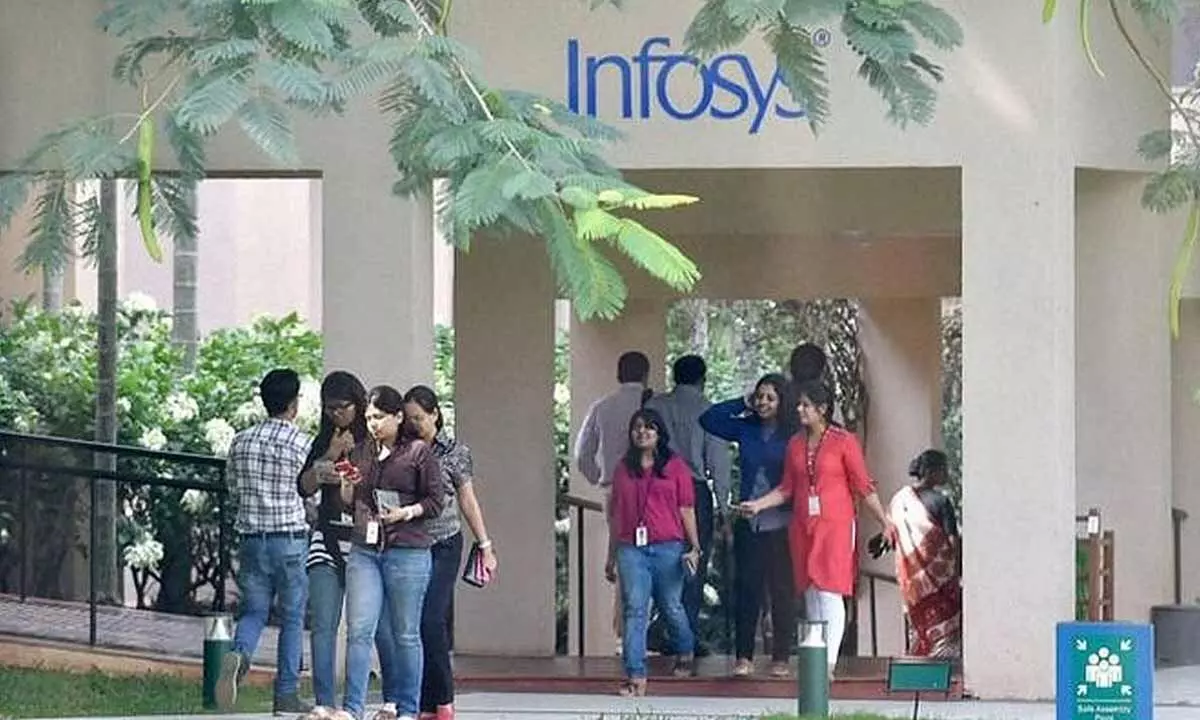India Inc takes baby steps towards 'moonlighting'
Infosys’ move to allow gig work for its employees with prior approval shows what the future holds with respect to moonlighting.
image for illustrative purpose

Infosys' move to allow gig work for its employees with prior approval shows what the future holds with respect to moonlighting. The second-largest IT services exporter said it would permit 'gig work with prior approval', while adding that "care needs to be taken to ensure that these projects comply with the company's policy for gig work and do not breach client contracts or impact the employee's ability to be effective in their full time job with Infosys." This is a tacit approval of moonlighting as a work model by any Indian IT services firm and a welcome departure from the rigid stand taken up by many players in the industry.
The Covid pandemic has brought in many changes in the ways we work. The traditional office culture with fix timing has given way to remote work. As the pandemic recedes, many enterprises are trying to get back employees in offices. Contrary to expectations, this seems to be a difficult task. Many staffers in the IT sector wants to continue with the remote model. Meanwhile, some staffers have started taking up other assignments in their free time. While many of these jobs are dual employment in nature, which is completely illegal, others are related to technology-related work with no conflict of interest with the primary job. This has sparked a debate on the subject of moonlighting. Many technology companies are against all forms of moonlighting, while some others are more willing to allow gig work with permission.
Experts are of the opinion that Infosys' move to allow gig work shows the traditional employer-employee relationship is changing. While dual employment will never get acceptance, gig work is gaining some forms of approval. Employers understand that moonlighting can't be caught in all cases. When the world is moving towards hybrid operating model, it is all the more difficult. Moreover, it has sparked a debate on whether the employer owns the time of an employee beyond 8-9 hours of office work. There is no easy answer to this question. Current workplaces have become a whole-time affair with staffers working beyond office hours and even in weekends. Surveys indicate that Indian employees are scared of taking leaves in a bid to appease their employers or not to offend their seniors. In a country like India with huge unemployed mass, employers have a near monopoly on employment aspects. Most employees don't have bargaining power. Therefore, moonlighting as a concept with evolve slowly in India as compared to developed nations. As India loses the demographic dividend in next two decades, employers have to be more accommodative to employee's needs.
Meanwhile, internet is creating more opportunities for labour around the world. Knowledge economy is giving service sector employees to work for any employer from remote locations. This trend seems irreversible. As more employees join global workforce through internet, it will lead to more bargaining power in terms of employment contracts. And moonlighting without any conflict of interest with the primary job will be the norm than an issue of contention.

